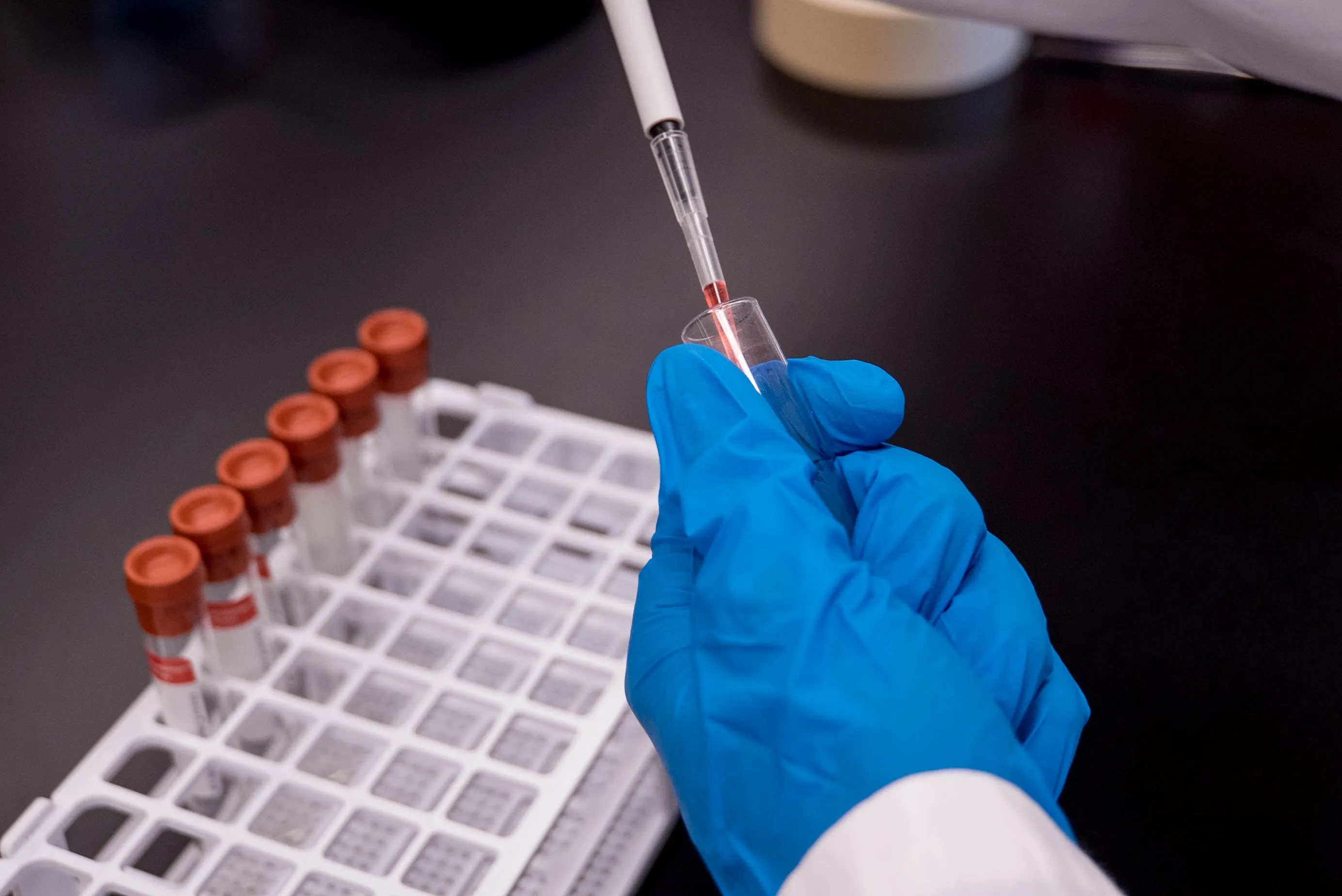Among patients with only a low level of the virus in their blood, survival rates were even better, around 90%.
Experts hailed the study as a step toward finding a treatment for Ebola and preventing major outbreaks.
Mike Ryan, who leads the emergency program for the World Health Organization, called the news “fantastic,” telling journalists that while the drugs alone will not stop Ebola, the study “gives us a new tool in our toolbox.”
Anthony Fauci, head of the U.S. National Institute of Allergy and Infectious Diseases and one of the leaders of the trial, emphasized that “we do now have what look like (two) treatments for a disease for which not long ago we really had no approach at all,” according to Reuters.
The drugs will now be widely available to patients in the DRC, which is battling the second largest Ebola outbreak in history. More than 2,500 people in the country have been infected, and more than 1,800 killed, since the outbreak began last August.
Last month, the World Health Organization labeled the DRC outbreak an international health emergency, only the fifth time in history that the designation has been used.
The declaration, which critics called overdue, designates “an extraordinary event which is determined to constitute a public health risk to other States through the international spread of disease and to potentially require a coordinated international response.”
The declaration was made after a priest died from Ebola in Goma, a city of some 2 million residents, which serves as a major crossroads on the border with Rwanda.
Risk of the virus being transmitted to neighboring countries is “very high,” WHO officials said, although outside of the immediate region, risk remains low.
Two Ebola fatalities were confirmed in Uganda in June, after the victims returned from a funeral in DRC. Kenya and Rwanda have also been on high alert for signs that the virus may have entered the country.







